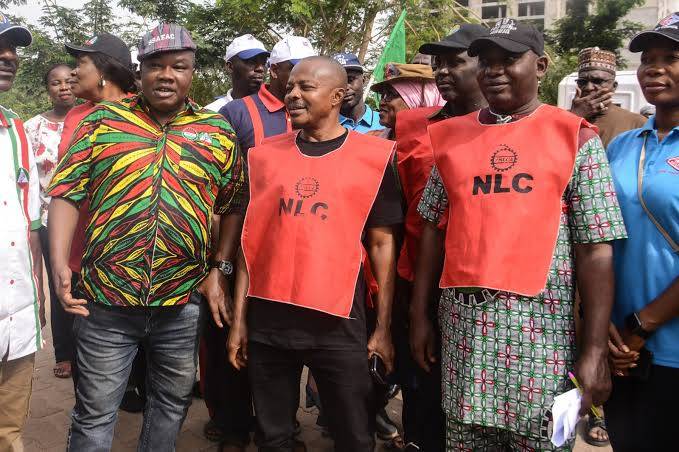FCT Workers Celebrate Wike's Approval Of ₦70,000 Minimum Wage
The Federal Capital Territory (FCT) workforce has been invigorated with a significant financial uplift following the approval of a ₦70,000 minimum wage by the Minister of the FCT, Nyesom Wike. This development marks a pivotal moment in the ongoing efforts to improve the living standards of public servants within the nation's capital, as well as a commitment to addressing economic realities.
Announcing the new wage structure during a meeting with representatives of the FCT workforce, Wike described the decision as part of the administration's overarching strategy to foster employee satisfaction and enhance productivity. The minister acknowledged the challenges workers face due to the rising cost of living and emphasized the need for proactive measures to mitigate economic hardship.
“We are aware of the sacrifices our civil servants make daily to keep the FCT functioning efficiently. This wage increment is our way of ensuring that their welfare is prioritized,†Wike stated.
The ₦70,000 minimum wage surpasses the federally approved minimum wage of ₦30,000, signaling the FCT Administration's resolve to lead by example in championing labor rights. Public sector employees, who are among the most affected by inflationary pressures, view the increment as a relief that will cushion the impact of rising costs of essential goods and services.
John Adewale, a clerical officer in one of the FCT ministries, expressed his gratitude for the initiative. "This is a breath of fresh air for workers like me. The new wage will help us manage household expenses better and bring some stability to our finances."
Analysts believe the move will not only improve the quality of life for civil servants but also stimulate local economic activities. Increased disposable income among workers is expected to result in higher spending within the FCT, potentially boosting small businesses and the informal sector.
However, concerns have been raised about the sustainability of the new wage policy. Financial experts warn that without a corresponding increase in revenue generation, the FCT Administration may face budgetary constraints. In response, Wike has assured stakeholders of the administration's commitment to implementing fiscal discipline while exploring avenues to increase internally generated revenue (IGR).
The approval of the ₦70,000 minimum wage has sparked conversations across Nigeria, with many questioning whether other states will follow suit. Labor unions have lauded the FCT Administration’s bold move, urging state governments to review their wage structures to reflect current economic realities.
The Nigerian Labor Congress (NLC) has already called on state governments to emulate the FCT model, highlighting that workers in many states struggle to survive on the current ₦30,000 minimum wage.


